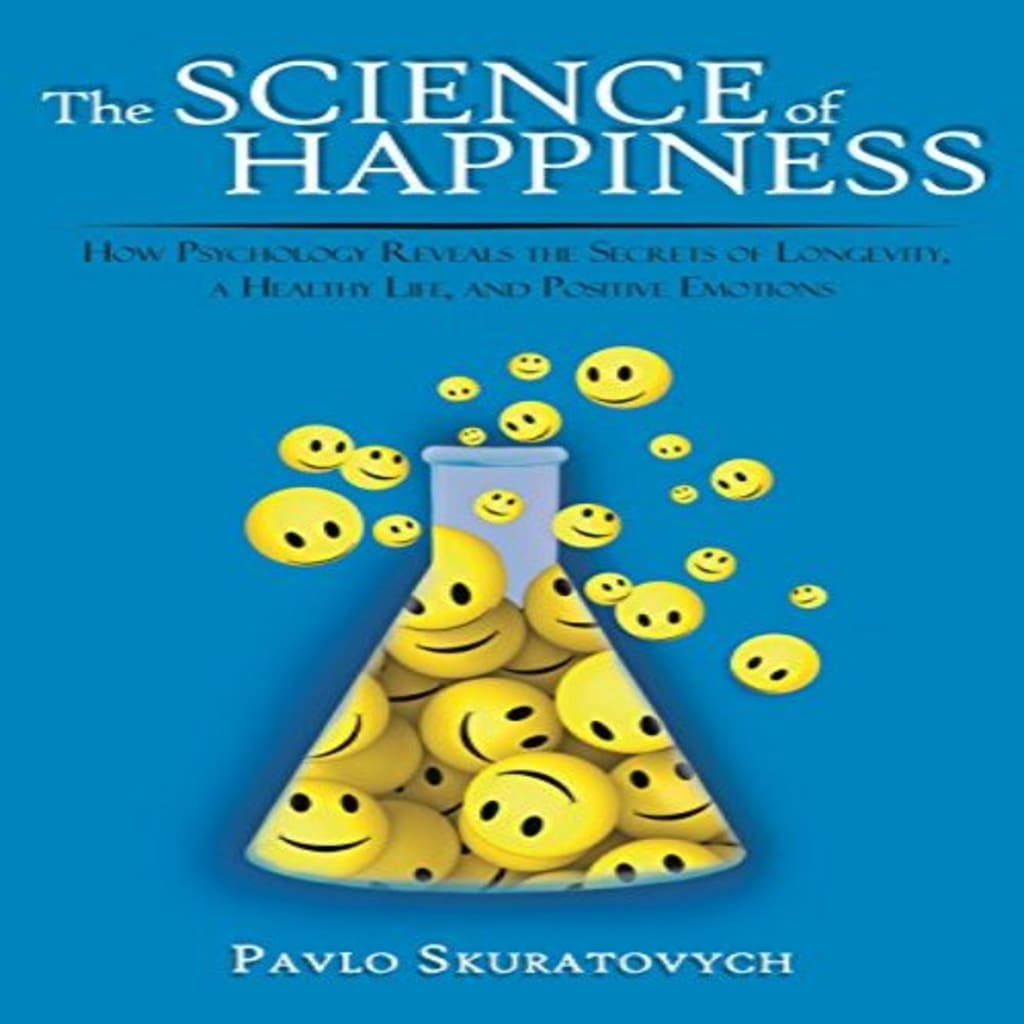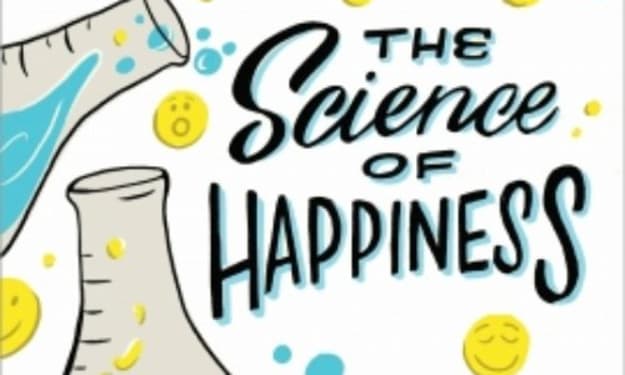The Science of Happiness
Positive Psychology and Mental Well-Being

Happiness is not just a fleeting emotion; it is a state of being that can be cultivated through the principles of positive psychology. In this article, we will explore the fascinating science of happiness, backed by real-life examples and uplifting insights. From understanding the pillars of positive psychology to discovering practical strategies for enhancing mental well-being, let's embark on a journey of inspiration and self-discovery. Unlock the secrets to lasting happiness and embrace a life filled with joy and fulfillment.
What is Positive Psychology?
Positive psychology is a field of psychology that focuses on studying and promoting the factors that contribute to human happiness and flourishing. It shifts the traditional psychology focus from solely treating mental illness to understanding and nurturing mental well-being.
Example: Dr. Martin Seligman, often considered the father of positive psychology, dedicated his research to uncovering the factors that lead to happiness and life satisfaction.
Cultivating a Positive Mindset:
Positive psychology emphasizes the power of a positive mindset in shaping our experiences and perceptions. By reframing negative thoughts and embracing gratitude, we can enhance our overall happiness.
Example: Oprah Winfrey, a prominent media mogul, attributes her success and fulfillment to her practice of gratitude and positivity.
The Science of Flow:
The state of flow is characterized by complete immersion and joy in an activity. Positive psychology encourages finding activities that challenge and engage us, leading to increased happiness.
Example: Athlete Usain Bolt, during his peak career, experienced the flow state while sprinting, leading to record-breaking performances.
The Impact of Social Connections:
Meaningful social connections are essential for happiness. Positive psychology emphasizes nurturing relationships and building a supportive community.
Example: Ellen DeGeneres, a celebrated talk show host, uses her platform to spread joy and promote the importance of kindness and connection.
The Role of Mindfulness:
Mindfulness practices, such as meditation and being present in the moment, are integral to positive psychology. Mindfulness enhances self-awareness and promotes inner peace.
Example: Mindfulness advocate and actor, Hugh Jackman, attributes his calm demeanor and happiness to his regular mindfulness practice.
Pursuing Goals and Meaning:
Having meaningful goals aligned with our values and passions contributes to happiness. Positive psychology emphasizes pursuing intrinsic goals that bring fulfillment.
Example: Renowned author J.K. Rowling found immense fulfillment in writing the Harry Potter series, contributing to her own happiness and the joy of millions of readers worldwide.
Acts of Kindness and Altruism:
Engaging in acts of kindness and practicing altruism brings a sense of purpose and joy. Positive psychology encourages giving back to others and fostering empathy.
Example: Angelina Jolie, a humanitarian and actress, finds fulfillment in her charitable work, advocating for various causes and making a positive impact.
Conclusion:
The science of happiness, grounded in positive psychology principles, offers a roadmap to cultivating a fulfilling and joyful life. By embracing a positive mindset, engaging in activities that bring flow, nurturing social connections, and practicing mindfulness, we can elevate our mental well-being and experience lasting happiness. Real-life examples of influential figures demonstrate the transformative power of positive psychology in their lives and the lives of others. As you embark on your journey to happiness, remember that happiness is not a destination but a continuous pursuit rooted in daily practices. Embrace the principles of positive psychology, and let joy and fulfillment become your guiding forces in creating a life filled with happiness and contentment.
About the Creator
Enjoyed the story? Support the Creator.
Subscribe for free to receive all their stories in your feed. You could also pledge your support or give them a one-off tip, letting them know you appreciate their work.





Comments
There are no comments for this story
Be the first to respond and start the conversation.